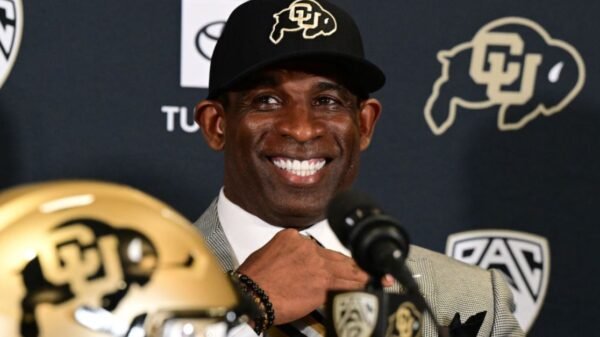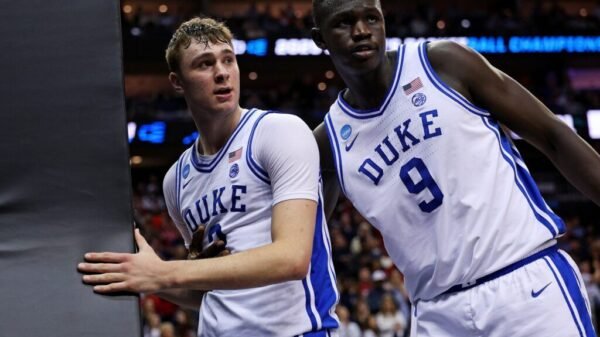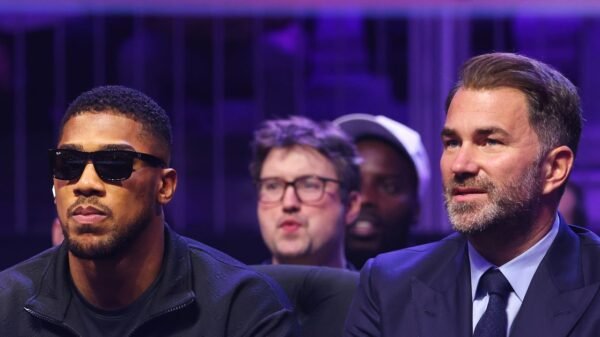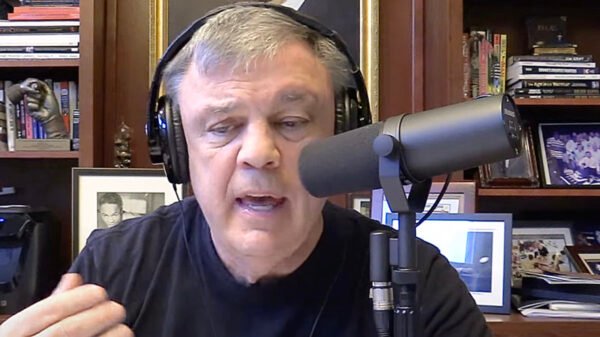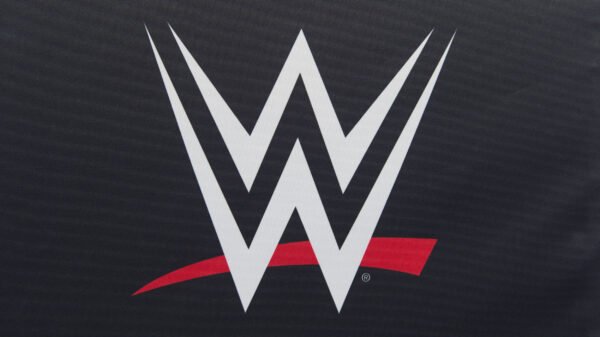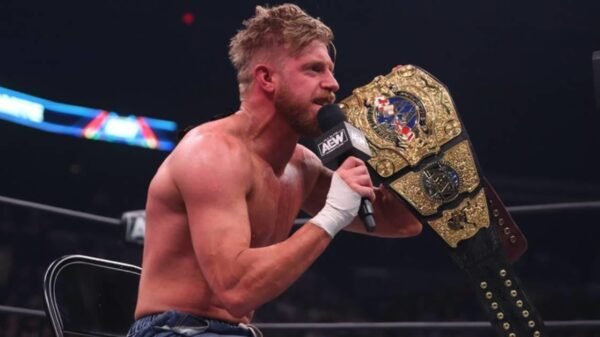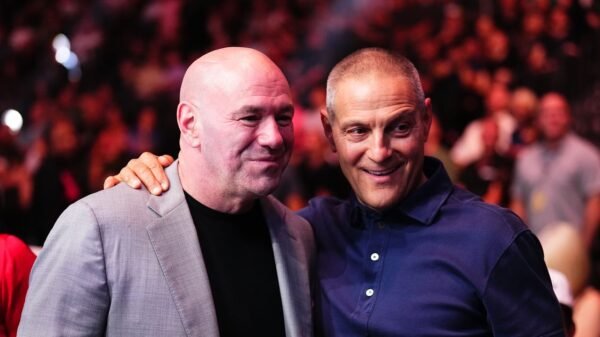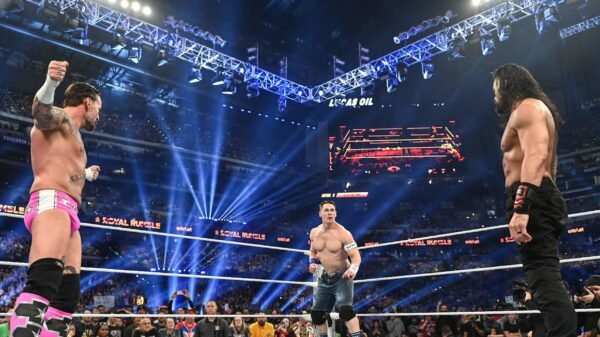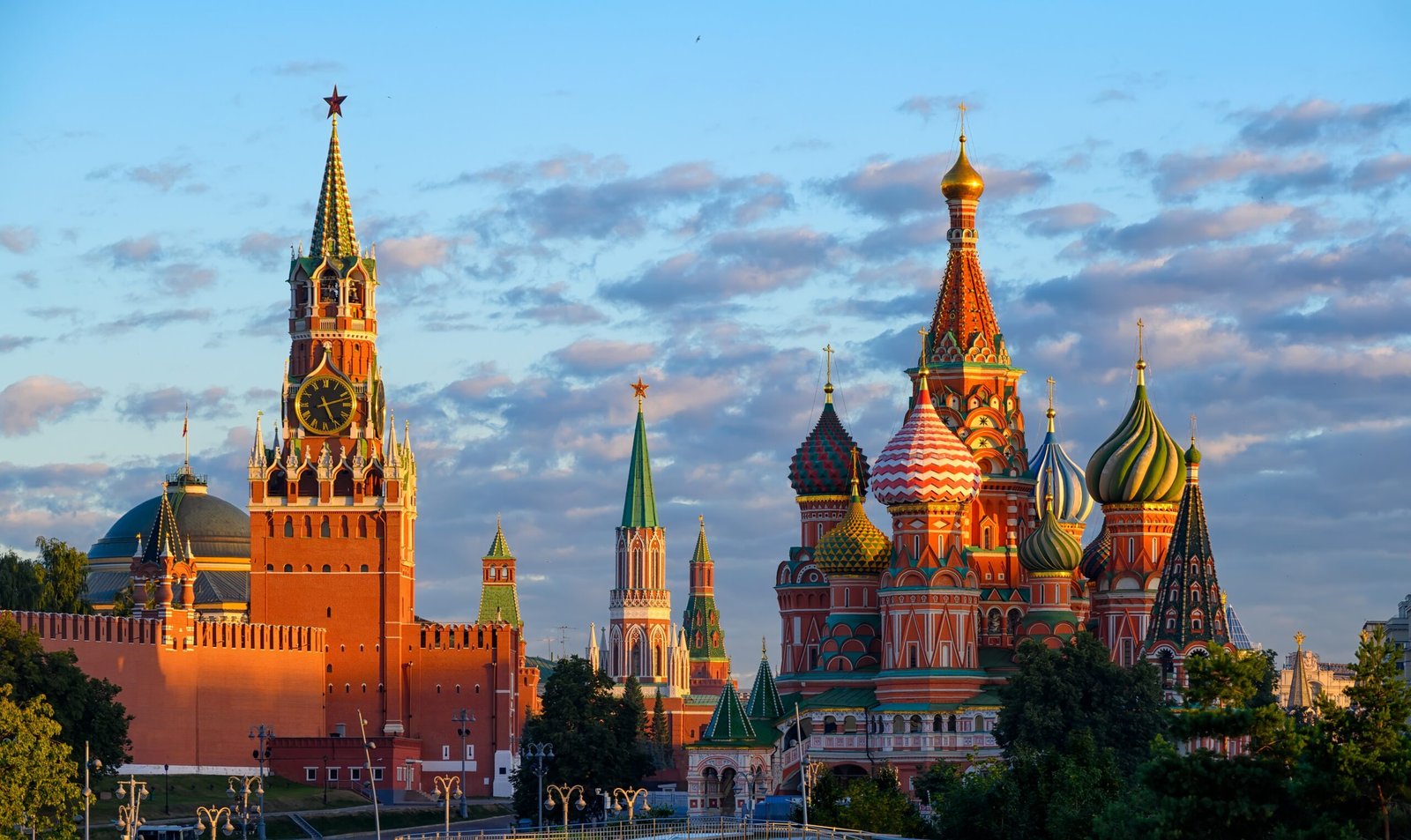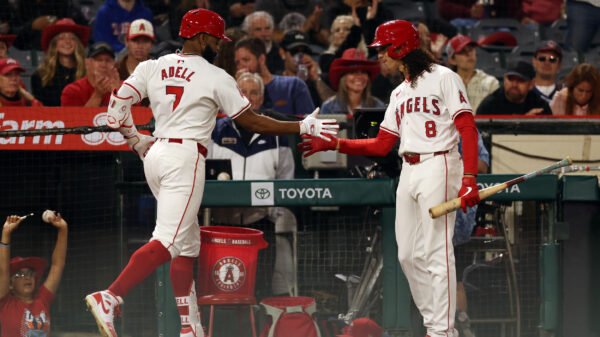Overseas Affairs
President Trump understands easy methods to finish the battle.
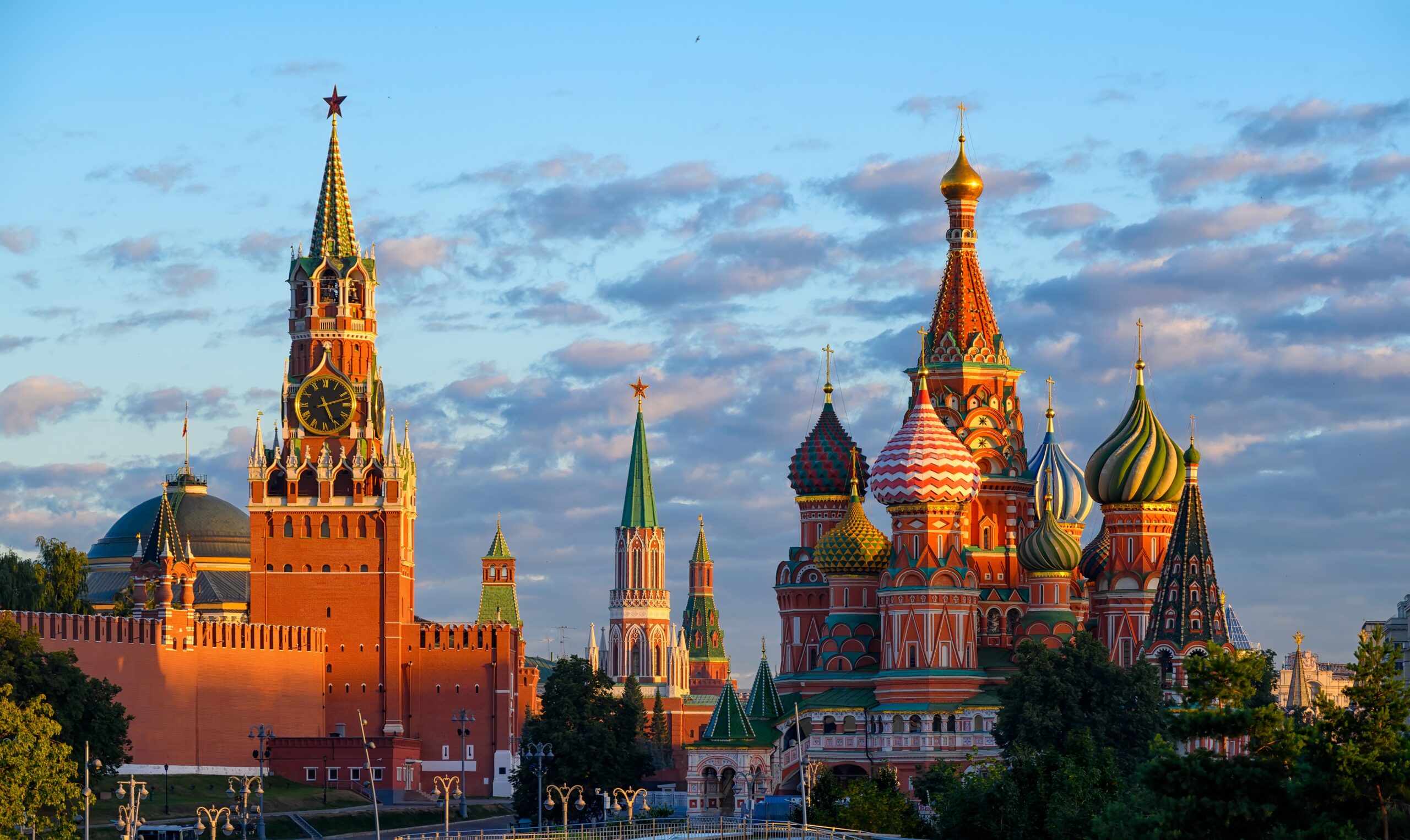
The mainstream press judged President Donald Trump’s incapability to safe a full 30-day ceasefire settlement with Russia to be an unequivocal failure.
However such evaluation betrays an ignorance of the challenges concerned. Competent negotiating calls for information of not solely what you need, but additionally what your opponent is keen to present. There should be a place to begin; mutual concessions reflective of every facet’s place on the outset are an inherent a part of the method. Russia’s battlefield benefit and mistrust of the West have made it reluctant to finish the struggle. Trump’s capability to get Moscow to endorse a partial ceasefire was thus a significant step ahead.
Different observers had anticipated, based mostly on a sound evaluation of the army details, that Moscow would reject any ceasefire proposal out of hand. Russia’s struggle machine is steadily progressing towards the achievement of the strategic goals laid out by Vladimir Putin in June 2024, specifically, Moscow’s management of 4 areas in japanese Ukraine and Kiev’s demilitarization. For Russia to voluntarily cede the army initiative would jeopardize these goals. In the meantime, a 30-day pause to all combating would offer Ukraine with essential respiration area to rearm, mobilize forces, and fortify its defensive positions.
Nonetheless, Trump could but coax Putin right into a full ceasefire, since Moscow additionally has political objectives which can be broader than its army goals. Clausewitz’s oft-cited axiom that struggle is a continuation of politics by different means is important background for discerning the opposite goals that the Kremlin has been attempting to attain in its so-called “Particular Army Operation.” Moscow’s political objectives embody nothing lower than a reworking of the transatlantic safety structure. The upshot is that Moscow could also be keen to compromise its army benefit if this aim appears achievable by diplomatic means.
The event of the struggle and the rise of Trump’s America First platform have uncovered the divergence in pursuits inside the transatlantic alliance. The U.S. is pushing Europe towards a larger diploma of army autonomy. If profitable, this effort might contribute to a extra secure safety scenario that corresponds to the precise steadiness of forces on the continent. Moscow would welcome that prospect not as a result of it might understand an impartial Europe as a weak goal for future aggression, however slightly as a extra equal countervailing drive that doesn’t pose an unmanageable menace.
Present geopolitical tensions are largely a results of this ongoing transition—the beginning pangs of a basically totally different order. Normalizing relations between the U.S. and Russia is now inextricable from ending the struggle in Ukraine. Nonetheless, since this can upset the present system, there’s incentive for the beneficiaries of that system—i.e., the European international locations who’ve successfully offshored their protection to america—to hinder any such decision.
Moscow, for its half, seemingly perceives potential in working with Washington to stabilize the scenario in Ukraine, exactly as a result of the U.S. president and his companions perceive the necessity for a systemic transition and have even characterised the current confrontation with Russia to be opposite to U.S. pursuits.
What’s extra, Trump’s effort to carry a couple of extra balanced order in Europe has gotten some European leaders to rethink their hardline stance towards Russia. In an especially consequential about-face, NATO Secretary Common Mark Rutte announced, following a gathering with Trump, that Kiev’s entry to NATO is “now not into consideration.” Rutte additionally acknowledged that NATO troops seemingly gained’t participate in guaranteeing a ceasefire. Maybe most surprisingly, Rutte even stated that repairing relations with Russia will likely be crucial after the struggle is over.
Trump’s willingness to dispense along with his predecessor’s democracy vs. autocracy framing has shifted focus away from ideological delusions to concrete safety issues and battlefield situations. As particular envoy Steve Witkoff stated in a latest podcast dialog, Moscow doesn’t need to conquer and govern western Ukraine, since that may be a close to unattainable process given robust anti-Russian sentiment within the area. On the identical time, Russia has a direct curiosity in making certain that the nation on its western border doesn’t turn into a NATO outpost after the struggle—one thing that Washington might help guarantee. By understanding these pursuits, Trump could possibly win significant concessions from Moscow regardless of Russia’s benefits on the battlefield.
Trump will definitely attempt to use American support to Ukraine as leverage to get Moscow to make additional concessions in an eventual settlement—but additionally to drive Kiev to drop its unachievable calls for. The identical goes for the machinations of sure European leaders that intention to escalate the struggle. Now that the belief of limitless American assist to Ukraine and Europe is uncertain, Moscow is aware of that any “coalition of the willing” will threaten nothing greater than bombastic rhetoric. The Europeans, of their coronary heart, know this too.
Subscribe At present
Get every day emails in your inbox
That Putin directed his response to the ceasefire proposal particularly to his “American colleagues, companions” was no shock. Moscow rightly considers america to have the ultimate say on its allies’ army motion. Putin, like Trump, understands that the Russia-Ukraine Struggle is a part of a broader battle between Russia and the U.S.-led West. As Moscow has stated, any cessation of the struggle should “result in lasting peace and eradicate the preliminary causes of the disaster.”
For Moscow, which means addressing the geographic progress of NATO and expanded scope of its mission. Russia has seen the alliance’s eastward march not solely as a direct safety menace, however as a repudiation of its nice energy standing and sphere of affect. As then-U.S. Ambassador to Russia William Burns emphasised within the now well-known “Nyet Means Nyet” cable, Russian leaders throughout the political spectrum contemplate Ukraine’s accession to the alliance as “the brightest of all crimson traces.” Now that the Trump administration has taken NATO membership off the desk and prodded European leaders to entertain a extra viable relationship with Russia after the Ukraine struggle is resolved, Moscow has each purpose to finish the battle and start the gradual means of reintegrating with the West.
Whether or not the Ukraine struggle will likely be resolved diplomatically is a query of political imaginative and prescient and can, since it should require creating a brand new safety structure in Europe that respects each Western and Russian pursuits. For the primary time in three many years, the potential of a extra balanced European order has emerged. Sadly, it appears to have required a tragic and brutal struggle to open that risk.


